I've been on a book binge lately, both acquiring a lot of them as well as reading a lot of them. Well, a lot for me. The interesting thing, of course, is that half of the books are photography books, which demand very little of the literary student within, while the other half are weighty books on academic or philosophical subjects, and it's these which have occupied my time of late.
Right now, I just want to discuss ideas from the one book which is absolutely the biggest chore to get through:
The Object Stares Back -- On the nature of seeing by James Elkins. Dense, often meandering and rarely insightful in an overt way, instead presenting ideas from a number of different directions, as though he couldn't quite figure out what he wanted to say about them so he said it a hundred different ways in the hopes that you'd be able to put it all together. Sort of a philosophical use of negative space. Anyway, I wouldn't recommend reading it, but it's worth having read.
The book's certainly not about photography, per se, but here's one of the things he says in the first of six chapters:
Photographs clip out instants in time... a photograph pushes a small part of the person forward and presents it as the whole and adequate person, and that will tend to hurt the subject's sense of herself. "I am not that exaggerated thing," she might say.... We know our own selves so well that we are hypersensitive to partial versions of what we are. I think this incompleteness is an inbuilt property of photographs and it is only because we see so many thousands of photographs that we lose sight of how each one is a little travesty, a peculiar caricature.
Tim pointed me to
an article wherein the author, Jim Lewis, uses the discussion about a specific photographer to posit his broader opinion that photography is a predatory and exploitative act, necessarily stripping something of value from the subject. He references that old nugget about photographs stealing the soul, and concludes about photography that "everyone who engages in it is compromised, right from the start." These two points of view, both Elkins' and Lewis', share a distrust of photography that is, to my mind, largely unwarranted. Photographs are as accurate and honest (or inaccurate and dishonest) as your best friend when you ask her how you look in this dress, or whether she thinks you've gained weight. Subjectivity is the name of the game, my friends. Much of the weight of photographs are in what we as viewers bring to them, which Elkins gets at (as indirectly as ever) when he speaks of our repulsion at photos of ourselves. To his credit, he dismisses the notion that vanity motivates us, rather that it is the incompleteness of the image which offends our desire to be fully and truthfully represented. But the idea that we, as complex people, could possibly be summarized accurately in a medium that did anything less than record our lives, thoughts and feelings from birth to death is simply a dream. But his point stands that a photograph is, at best, a sliver of the whole, and it is this idea, this "little travesty," that grabs me and won't let go.
Photographs are truth. Photographs are a lie. Photographs are unbiased. Photographs are opinion. All of these statements are true and accurate; there is no contradiction there. We either accept or embrace photography, chiefly because it is a compromise. As subjects, we want to give a part of ourselves in an open and honest fashion; as photographers, we try to preserve and honor what is given over. It's true that we could
take the photo as some reprehensible photographers might, but there's a reason that we, as thoughtful and careful photographers,
make photos. It is a constructive act we take part in, not the destructive act these men see it as. Collectively we hope that this one fraction of a second can give a glimpse of the great depth that lies within, a depth that can only ever be hinted at. Grab your favorite novel, then try to pull one word out of there that best summarizes the book. That is a photograph. Grab ten. Grab a hundred. Do we yet know the style? Do we know the full arc of events? Without reading the novel cover to cover, we do not know it, we cannot know it. Likely after a dozen readings, we still do not understand it fully. But that is the job of the photographer, to see and assess quickly, to boil things down to their essence and present them quickly. We are the poets of the visual world, compressing broad ideas inside four corners, quick stanzas with small truths embedded within.

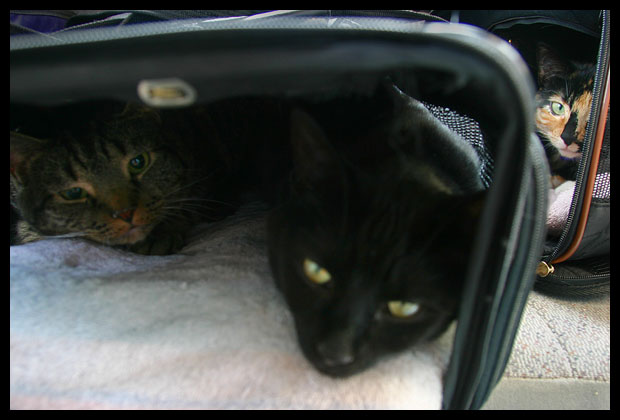




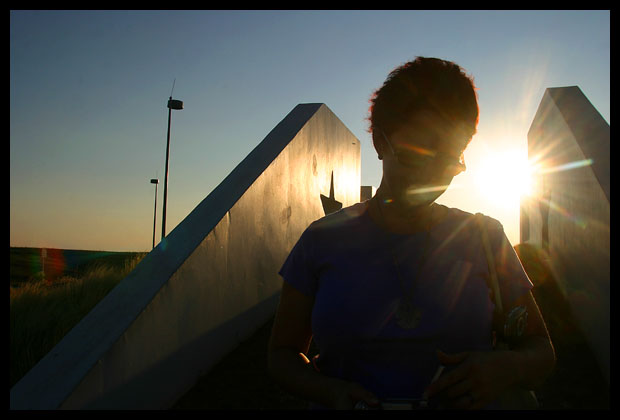













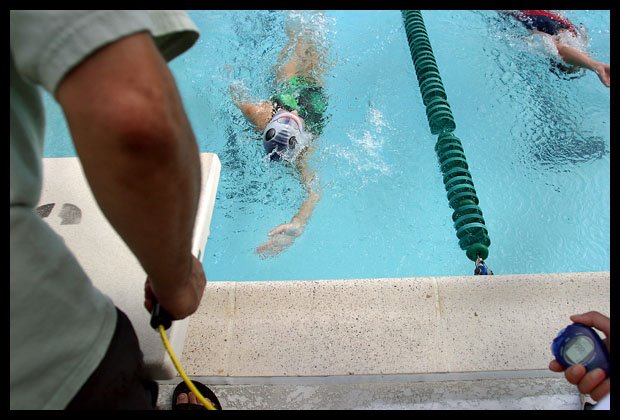
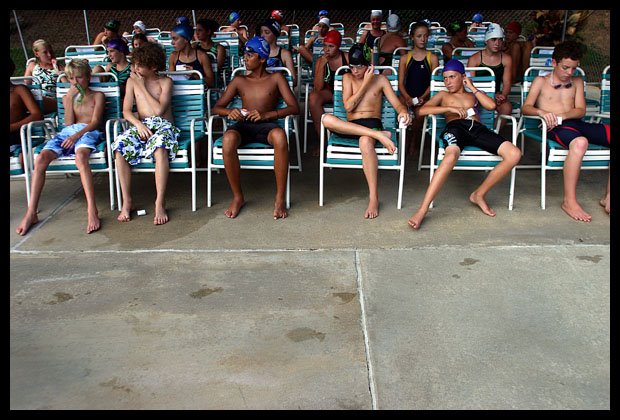
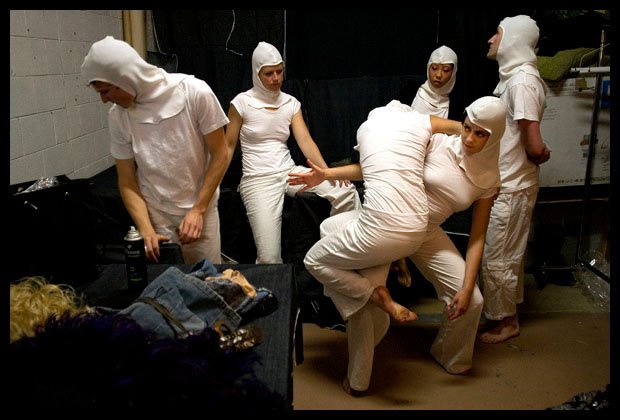 There were dancers getting warmed up.
There were dancers getting warmed up.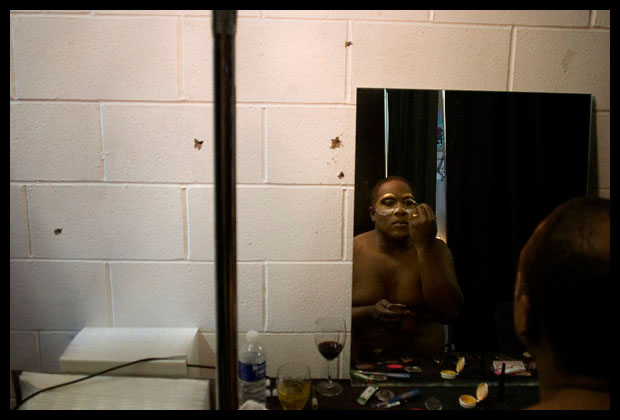 There were queens getting dolled up.
There were queens getting dolled up. They're her nieces getting tatted up.
They're her nieces getting tatted up.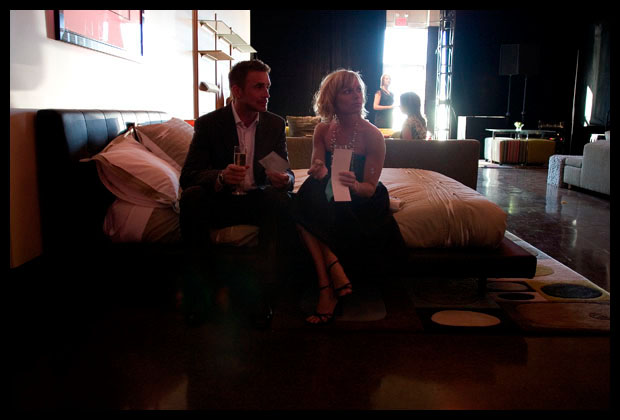 How often do you get champaigne in bed?
How often do you get champaigne in bed? Wall of shoes -- Everyone wore black.
Wall of shoes -- Everyone wore black. Even the washed masses were roped off from the expensive sofa.
Even the washed masses were roped off from the expensive sofa. They held an auction, with some super-cool visuals.
They held an auction, with some super-cool visuals.
